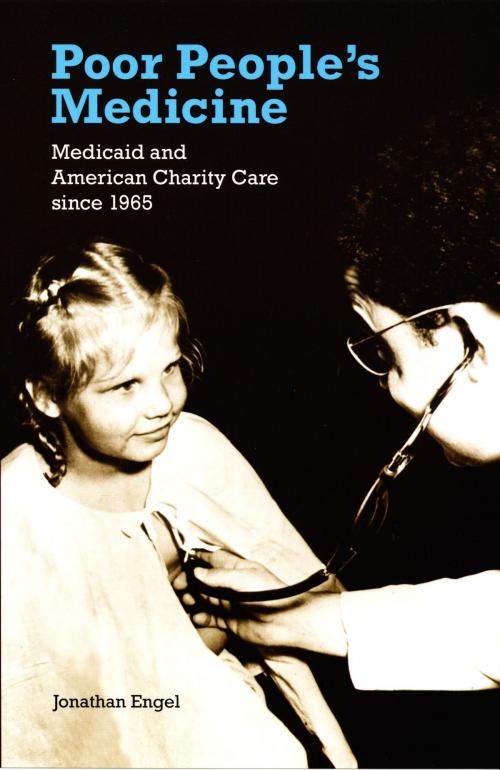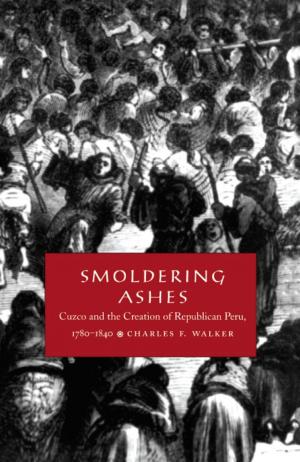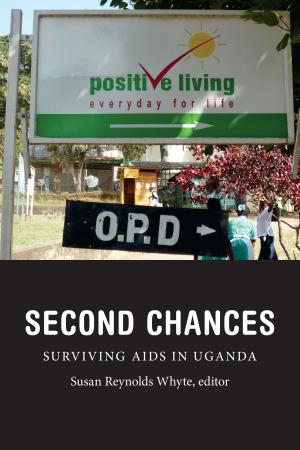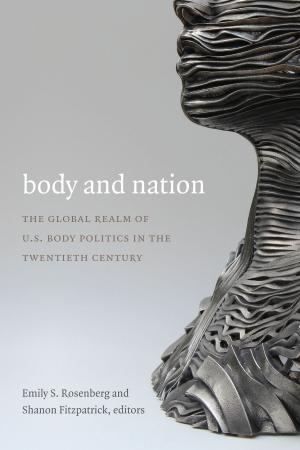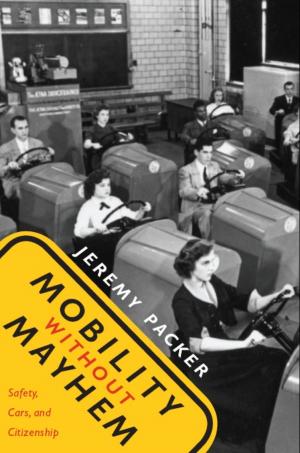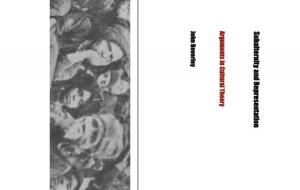Poor People's Medicine
Medicaid and American Charity Care since 1965
Nonfiction, Health & Well Being, Medical, Patient Care, Medicaid & Medicare, Social & Cultural Studies, Social Science, Philanthropy & Charity| Author: | Jonathan Engel | ISBN: | 9780822387633 |
| Publisher: | Duke University Press | Publication: | February 22, 2006 |
| Imprint: | Duke University Press Books | Language: | English |
| Author: | Jonathan Engel |
| ISBN: | 9780822387633 |
| Publisher: | Duke University Press |
| Publication: | February 22, 2006 |
| Imprint: | Duke University Press Books |
| Language: | English |
Poor People’s Medicine is a detailed history of Medicaid since its beginning in 1965. Federally aided and state-operated, Medicaid is the single most important source of medical care for the poorest citizens of the United States. From acute hospitalization to long-term nursing-home care, the nation’s Medicaid programs pay virtually the entire cost of physician treatment, medical equipment, and prescription pharmaceuticals for the millions of Americans who fall within government-mandated eligibility guidelines. The product of four decades of contention over the role of government in the provision of health care, some of today’s Medicaid programs are equal to private health plans in offering coordinated, high-quality medical care, while others offer little more than bare-bones coverage to their impoverished beneficiaries.
Starting with a brief overview of the history of charity medical care, Jonathan Engel presents the debates surrounding Medicaid’s creation and the compromises struck to allow federal funding of the nascent programs. He traces the development of Medicaid through the decades, as various states attempted to both enlarge the programs and more finely tailor them to their intended targets. At the same time, he describes how these new programs affected existing institutions and initiatives such as public hospitals, community clinics, and private pro bono clinical efforts. Along the way, Engel recounts the many political battles waged over Medicaid, particularly in relation to larger discussions about comprehensive health care and social welfare reform. Poor People’s Medicine is an invaluable resource for understanding the evolution and present state of programs to deliver health care to America’s poor.
Poor People’s Medicine is a detailed history of Medicaid since its beginning in 1965. Federally aided and state-operated, Medicaid is the single most important source of medical care for the poorest citizens of the United States. From acute hospitalization to long-term nursing-home care, the nation’s Medicaid programs pay virtually the entire cost of physician treatment, medical equipment, and prescription pharmaceuticals for the millions of Americans who fall within government-mandated eligibility guidelines. The product of four decades of contention over the role of government in the provision of health care, some of today’s Medicaid programs are equal to private health plans in offering coordinated, high-quality medical care, while others offer little more than bare-bones coverage to their impoverished beneficiaries.
Starting with a brief overview of the history of charity medical care, Jonathan Engel presents the debates surrounding Medicaid’s creation and the compromises struck to allow federal funding of the nascent programs. He traces the development of Medicaid through the decades, as various states attempted to both enlarge the programs and more finely tailor them to their intended targets. At the same time, he describes how these new programs affected existing institutions and initiatives such as public hospitals, community clinics, and private pro bono clinical efforts. Along the way, Engel recounts the many political battles waged over Medicaid, particularly in relation to larger discussions about comprehensive health care and social welfare reform. Poor People’s Medicine is an invaluable resource for understanding the evolution and present state of programs to deliver health care to America’s poor.
